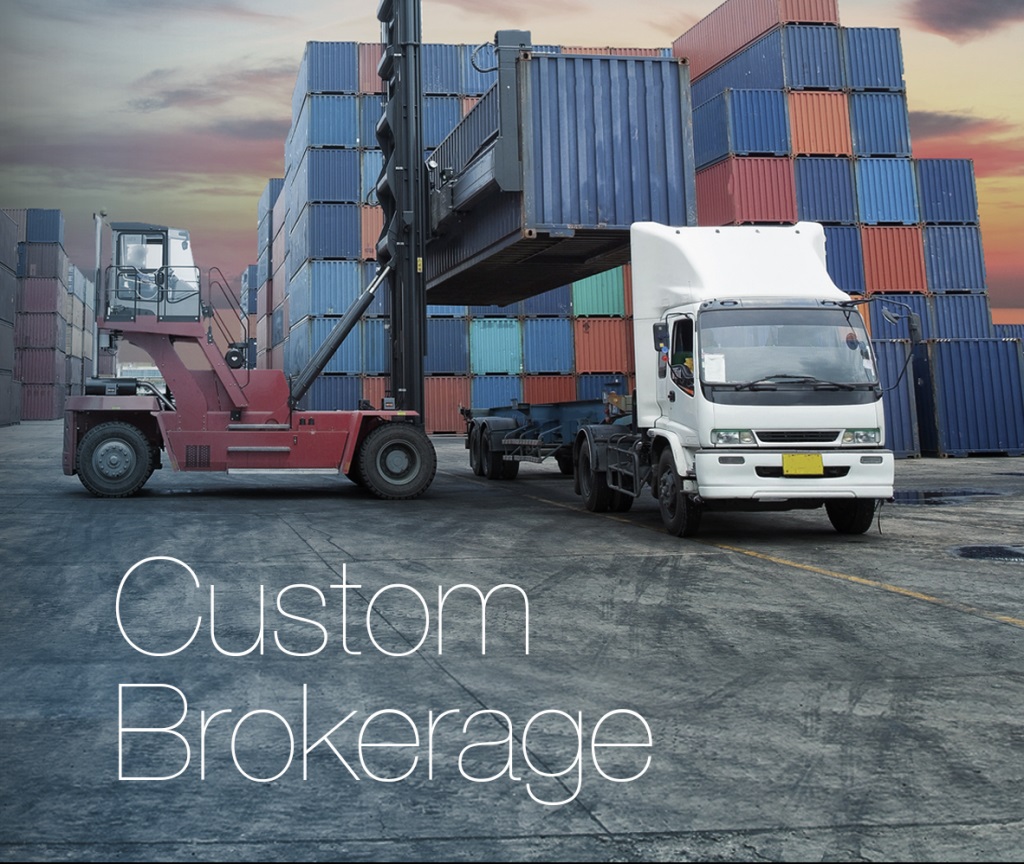CUSTOM
BROKERAGE
Customer brokerage, often referred to as customs brokerage, is a crucial service provided by logistics companies like Marigot Shipping to facilitate the smooth movement of goods across international borders.
Custom brokerage services streamline the complex customs clearance process for international shipments, ensuring compliance with regulations and minimizing delays. Expert brokers navigate tariff classifications, documentation, and regulatory requirements, optimizing duty and tax liabilities. With personalized solutions tailored to each client’s needs, custom brokerage facilitates smooth cross-border trade, mitigating risks and enhancing efficiency. Transparent communication and advanced tracking systems provide clients with visibility and control over their shipments, fostering trust and reliability.

Overview of Customer Brokerage and it Benefits
Customs Clearance:
- Customer brokerage involves managing the complex customs clearance process for imported or exported goods. This process entails preparing and submitting documentation, such as import/export declarations, commercial invoices, packing lists, and certificates of origin, to customs authorities.
Regulatory Compliance
- Customs brokers ensure that shipments comply with relevant customs regulations, tariffs, trade agreements, and import/export restrictions imposed by local and international authorities. By staying updated on regulatory changes and requirements, brokers help businesses avoid penalties, fines, or delays in customs clearance.
Duty and Tax Calculation
- Customs brokers calculate applicable duties, taxes, and tariffs on imported goods based on their classification, value, and country of origin. They help businesses optimize duty and tax liabilities by leveraging preferential trade agreements, duty drawback programs, and tariff classification strategies.
Documentation Management:
- Customs brokers handle the preparation, verification, and submission of required documentation to customs authorities, including customs entry forms, certificates of compliance, permits, licenses, and other regulatory paperwork. By ensuring accuracy and completeness of documentation, brokers expedite the clearance process and minimize the risk of errors or discrepancies.
Tariff Classification:
- Customs brokers classify imported goods according to the Harmonized System (HS) codes, which determine the applicable duties and taxes. They utilize their expertise and knowledge of tariff schedules to accurately classify products and ensure compliance with customs regulations.
Border Compliance
- Customs brokers liaise with customs authorities and border agencies to facilitate the clearance of goods at ports of entry or exit. They coordinate inspections, provide necessary documentation, and address any issues or discrepancies to expedite the release of shipments and minimize delays in transit.
Risk Management:
- Customs brokers assist businesses in identifying and mitigating potential risks associated with customs compliance, such as tariff disputes, valuation discrepancies, customs audits, or trade sanctions. They develop proactive risk management strategies to safeguard against disruptions and ensure smooth cross-border trade operations.
Trade Facilitation
- Customs brokers play a key role in facilitating trade by streamlining customs procedures, reducing administrative burdens, and expediting the movement of goods across borders. By providing expert guidance and support, brokers help businesses navigate the complexities of international trade and expand their global market reach.
